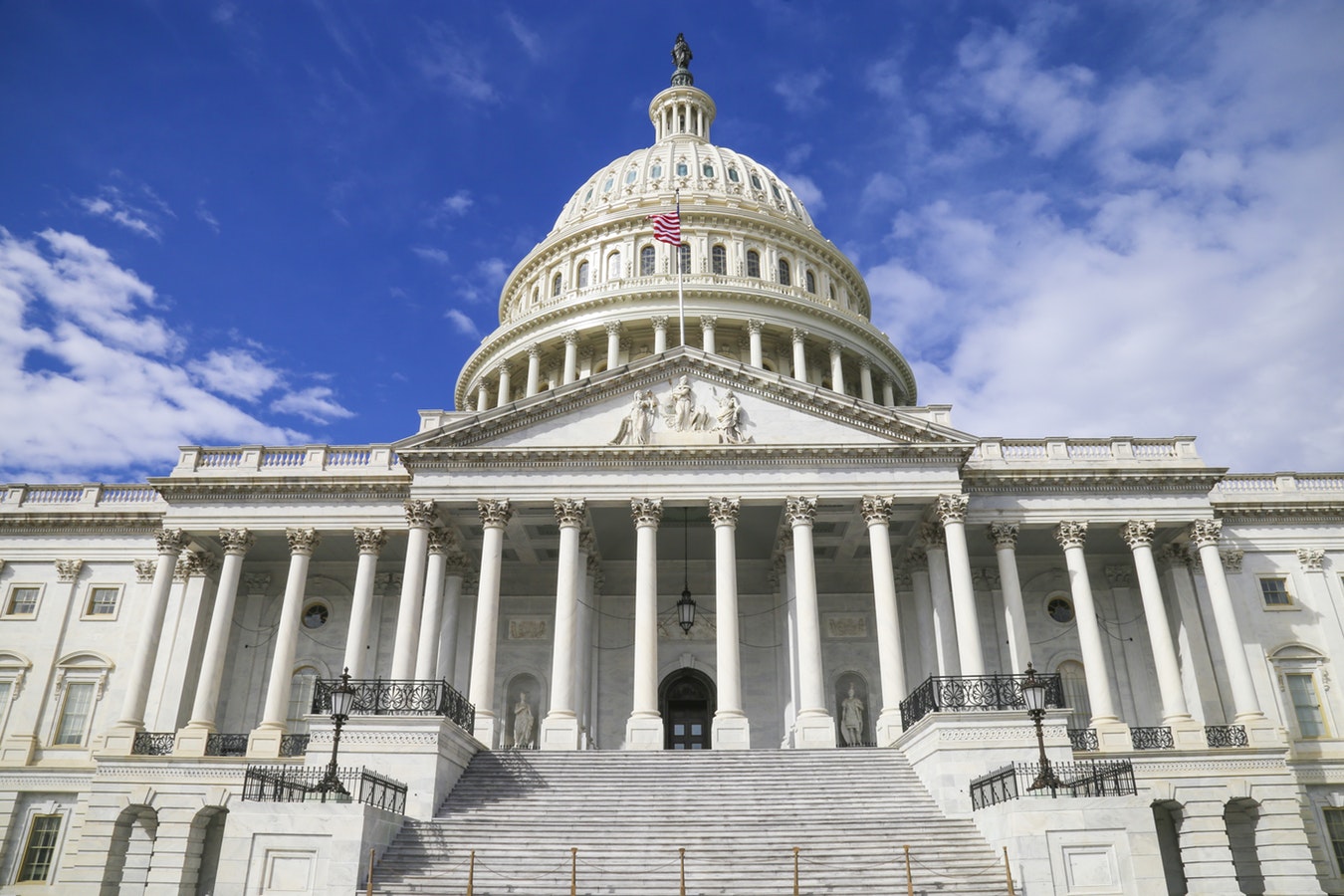
A plan to fill the gaps in American’s pension system was kiboshed fewer than 18 months after launch. “The Short Life and Untimely Death of the MyRA” by Mark Iwry explains the proposal, its abrupt end, and where things might go next.…Read More

A plan to fill the gaps in American’s pension system was kiboshed fewer than 18 months after launch. “The Short Life and Untimely Death of the MyRA” by Mark Iwry explains the proposal, its abrupt end, and where things might go next.…Read More

Social Security Projections evaluated by Diane Lim, Sophie Shin, and Kent Smetters. This study explores effects of key factors on potential reforms, using the Penn Wharton Budget Model.…Read More

In the summer of 2007, markets roiled as what would become a global financial crisis first started to manifest itself in U.S. capital markets. It was a time when risk models, designed for calmer times, could not capture the sheer magnitude of what lay ahead……Read More

Ron Gebhardtsbauer recently served on the 2019 Technical Panel for the Social Security Advisory Board, whose mission is to review the assumptions, methods, and presentation of material in the Social Security Trustees Report. Their Report represents the collected views of ten panelists……Read More

A financial transaction tax (FTT) is exactly what it sounds like: a tax imposed on the exchange of all or certain types of financial instruments. A well-known example of such a tax is the British stamp tax—a modern version of the tax that contributed to the American independence movement. Recently, several prominent presidential candidates, including Bernie Sanders, Elizabeth Warren, and Kamala Harris, have called for such a tax……Read More

Few Americans do much to protect themselves against the cost of long term care (LTC) in later life. In fact, between half and three-quarters of Americans are anticipated to need LTC at some point, yet only about 8 percent of the US population has LTC insurance. Instead, many people simply hope to deal with long-term care and other health risks when they happen. This is not a sensible way to deal with one of life’s major shocks, particularly when one could spend several years in such an institution at an annual cost of over $90,000.…Read More

We have recently explored this question focusing on smokers, since smoking is widely confirmed to reduce human life spans. Our research reveals a stunning gap between objective life expectancy and how smokers think about their own life spans. To examine this point, we asked 963 in a representative sample in Israel whether they thought they would live as long as, less than, or longer than an average person.…Read More

Retirement legislation is one of the few areas where there currently appears to be bipartisan consensus in the US Congress. The SECURE Act, a comprehensive package covering numerous aspects of retirement saving, recently passed the House by a vote of 417-3 and it is expected to pass the Senate this year. One of the bill’s key provisions is to allow the creation of “open” Multiple Employer Plans (MEPs).…Read More

Older Americans are carrying growing levels of debt into retirement. This topic was the main focus of the 2019 Pension Research Council symposium, and debt was also studied in a recent Society of Actuaries (SOA) study entitled “Financial Perspectives on Aging and Retirement Across the Generations.” Both efforts provide important insights into what people say about financial priorities and debt across generations, and both confirm that debt is important in retirement planning. …Read More

More Americans are becoming self-employed as a result of growing entrepreneurial interests, a desire to enhance income, phased retirement, and tax advantages. Retirement security is crucially important for the self-employed.…Read More